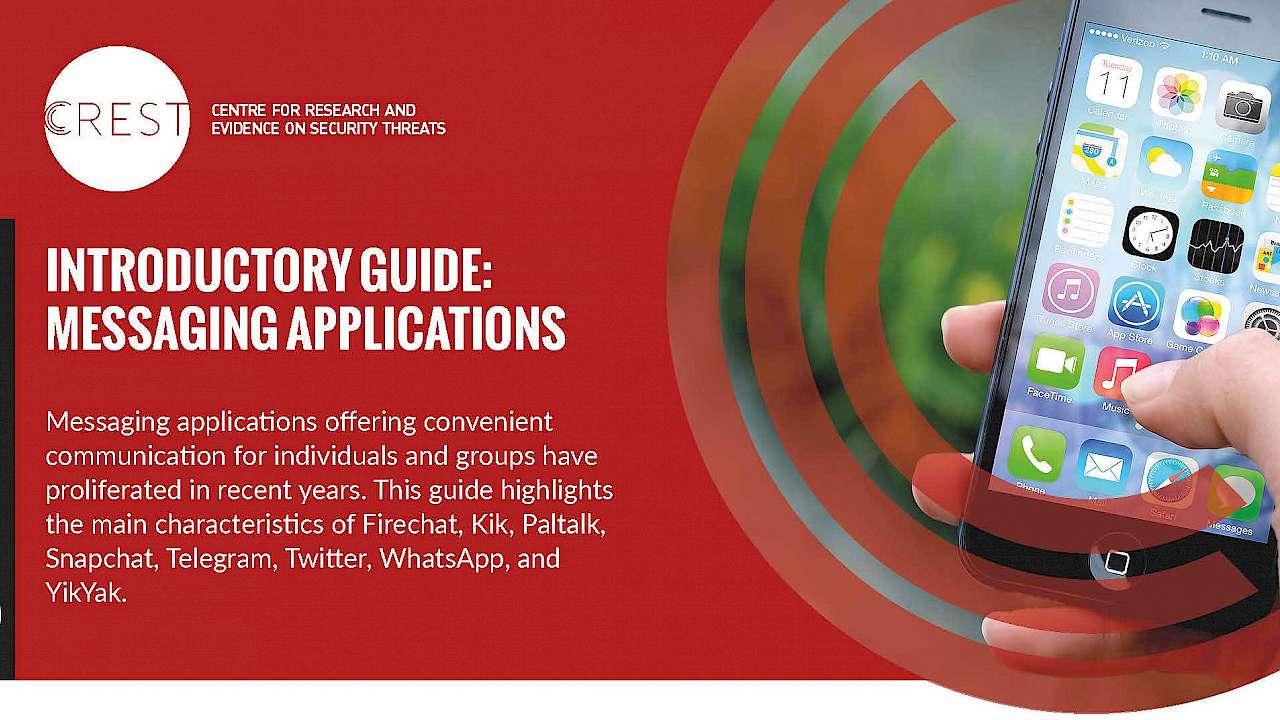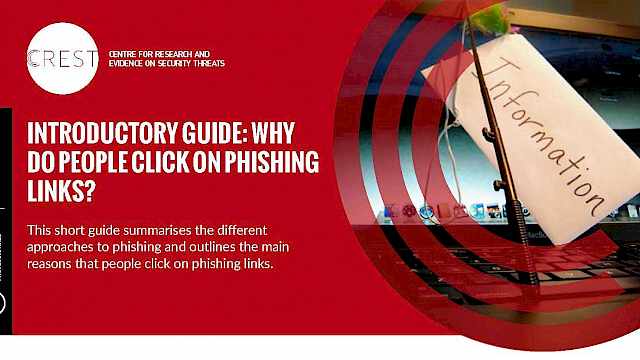Messaging applications have become an increasingly popular means of communication for individuals and groups. The vast majority use these applications for benign social and business use.
However, terrorists and criminals can also use messaging applications, including for planning and coordination of their activities, to distribute ideological and practical material, and to groom potential recruits.
This guide covers some of the mobile messaging applications in use in 2017 which had features that may be useful for terrorists and criminals. It explains what they are, and highlights their main characteristics.
Main characteristics
- Presence – Conveys if/when a user was last online, their location and whether they have read (or are typing) messages. This information affects a user’s certainty of whether recipients have received/read messages and their expectations of receiving a reply. If recipients have control over their online presence, they can easily delay or avoid responses
- Verification – The requirements a user must follow in order to validate their identity and how strictly these are enforced. Users may be prevented from using an application unless they can prove their identity using an email address or mobile number. The extent to which identities are verified can influence whether people trust those they communicate with
- Anonymity – The extent to which a person is identifiable. Users may be able to conceal their identities by using pseudonyms or create accounts under different names that are not linked to their real contact details. A username is associated with a phone number, the real identity of the user may be revealed if the messaging application cross-references the contacts on an individual’s phone.
The guide covers Facebook Messenger, Firechat, Kik, Paltalk, Snapchat, Telegram, Twitter, and WhatsApp. All of these provide useful examples of features that may be useful for terrorists and criminals as well as benign social and business use.
This guide was first released as version 16-003-01 on 2 March 2016. The current version, 16-003-02, was released on 2 August 2017 with updates to take account of the discontinuation of YikYak, which was included in the previous guide. Facebook Messenger, now an established messaging application separated from the main Facebook application takes the place of YikYak in the new version of the guide. We have also made other minor updates, such as usage statistics.
Copyright Information
As part of CREST’s commitment to open access research this report is available under a Creative Commons BY-NC-SA 4.0 licence.
For more details on how you can use our content see our copyright page.






